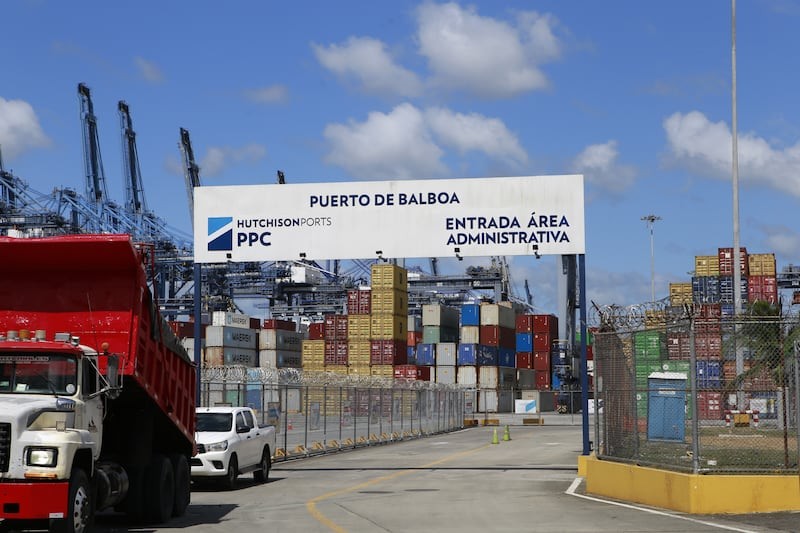Due to Fiscal Pressure Moody’s Could Downgrade Panama’s Rating
Much of the situation the country is experiencing today is due to the complicated fiscal legacy from the previous government’s management, where there were significant delays in certain multi-million dollar payments, which although were cleared in 2024, still affected the fiscal deficit.

Moody’s Ratings warned this Tuesday, September 9, that Panama is “on the verge” of losing its credit rating, due to slower economic growth, rising public debt, weak institutional framework, and weak compliance with tax laws. Panama’s sovereign rating is at Baa3, the lowest level in the Baa category, warned Renzo Merino, senior vice president of Moody’s Ratings’ sovereign risk analyst group. Merino mentioned that among the factors that led to Panama’s low rating was the high level of complacency regarding changes in economic and fiscal policies. This was coupled with fiscal management undermined by a lack of discipline and transparency. Furthermore, institutions failed to improve in line with other credit aspects and fell short.

Moody’s Vice President and Senior Analyst Renzo Merino speaks at a press conference on Tuesday in Panama City, Panama
Also due to the impact of the pandemic, which exacerbated pre-existing dynamics that led to a rapid and sharp deterioration in fiscal strength. Merino indicated that Panama has had a “negative” Baa3 rating since November 2024, which it shares with Colombia, Paraguay, India, Mauritius, and Romania. He warned that Moody’s still maintains a negative outlook, which implies the possibility of a credit rating downgrade if certain elements that support a stable credit profile at that level are not met. He recalled that Panama’s Baa3 rating was due precisely to a sharp fiscal deterioration in 2024 and uncertainty about when the debt metric would stabilize. Another aspect was the material increase in the interest burden and higher financing costs, as well as the limitations on reducing budgetary rigidities and implementing credible fiscal consolidation processes.
For Merino, much of the situation the country is experiencing today is due to the complicated fiscal legacy of the previous government’s management, which saw significant delays in certain multimillion-dollar payments. Although these were “so-called” cleared in 2024, they still impacted the fiscal deficit. However, he acknowledged that the government has begun to take certain urgent measures, such as the approval of reforms to the Social Security Fund and fiscal consolidation by reducing the deficit through public spending.
As more indicators continue to emerge, he said, they will be able to see whether the deterioration in fiscal strength will slow in 2025 or 2026, which could translate into a change or not in Panama’s fiscal policy. However, he mentioned that the measures implemented by the government so far are not sufficient to truly consolidate a path of lower fiscal deficits. Amid the ongoing debate on the General State Budget for the 2026 fiscal year, the credit rating agency will wait for the results released in the coming months to assess the extent to which revenues will increase versus expenses.
If the results are achieved, this would not change the rating update Moody’s is expected to announce next November, according to Merino, who also reported that the committee’s assessment could change for the country, as the negative outlook could be maintained if it is deemed that there are still no grounds for an adjustment or simply a change in the rating. However, he clarified that beyond what happens with the budget, the committee will also be monitoring the implementation of public policy measures or reforms that the current administration would opt for to address some of the fiscal pressure points, as they did with the Social Security reforms. Also, everything related to institutional issues, such as transparency and the fight against corruption.
Renzo Merino indicated that it is important to monitor these elements because they also affect the business environment and the confidence of domestic and foreign investors, who ultimately generate economic growth, employment, and, therefore, well-being. “The institutional aspect is very important. We recognized a few years ago that there was a gap in fiscal management, and that has already impacted the credit profile. In comparative terms with other countries, Panama has a somewhat weaker institutional profile, and this is something we are monitoring,” the analyst concluded.





